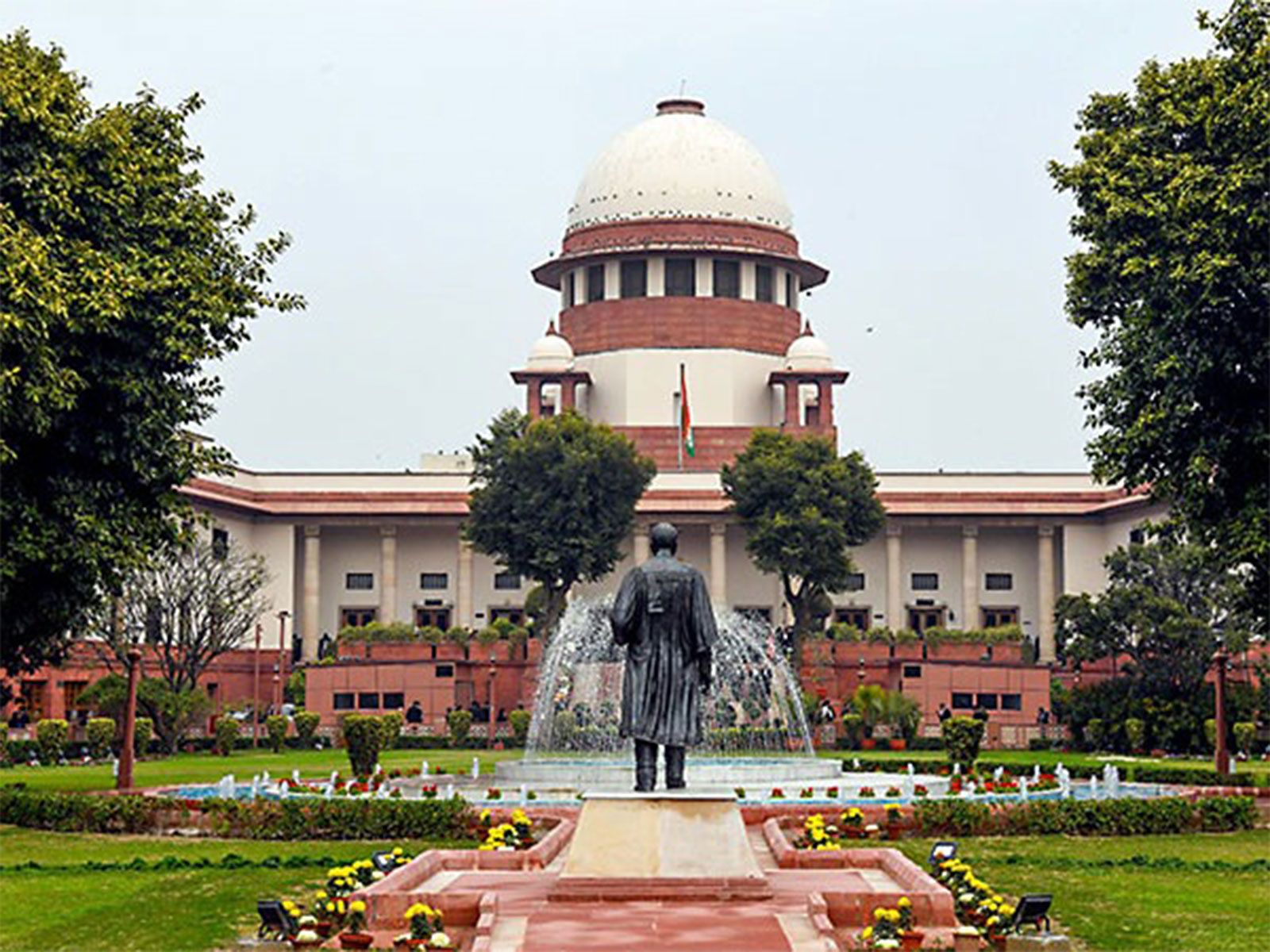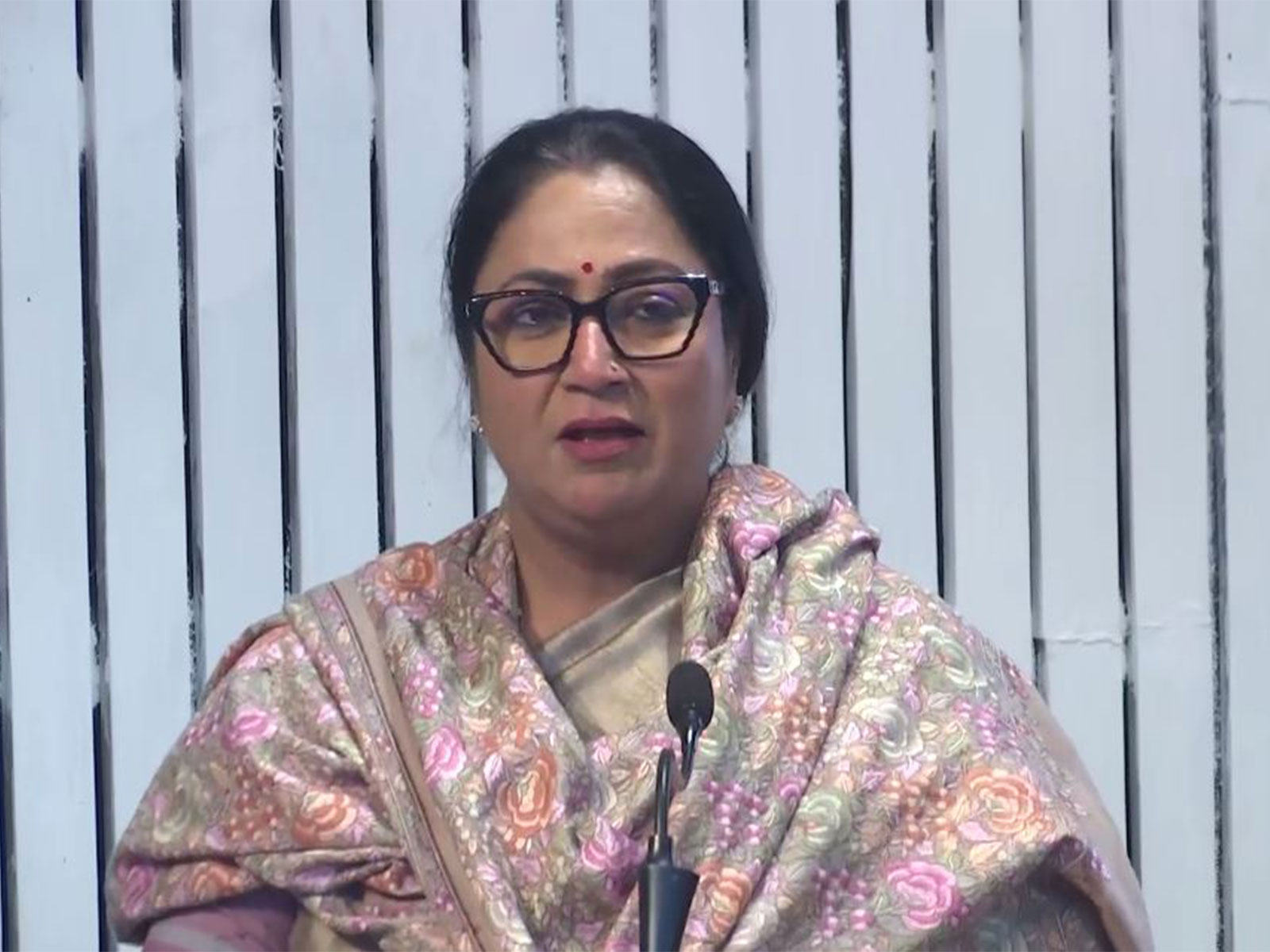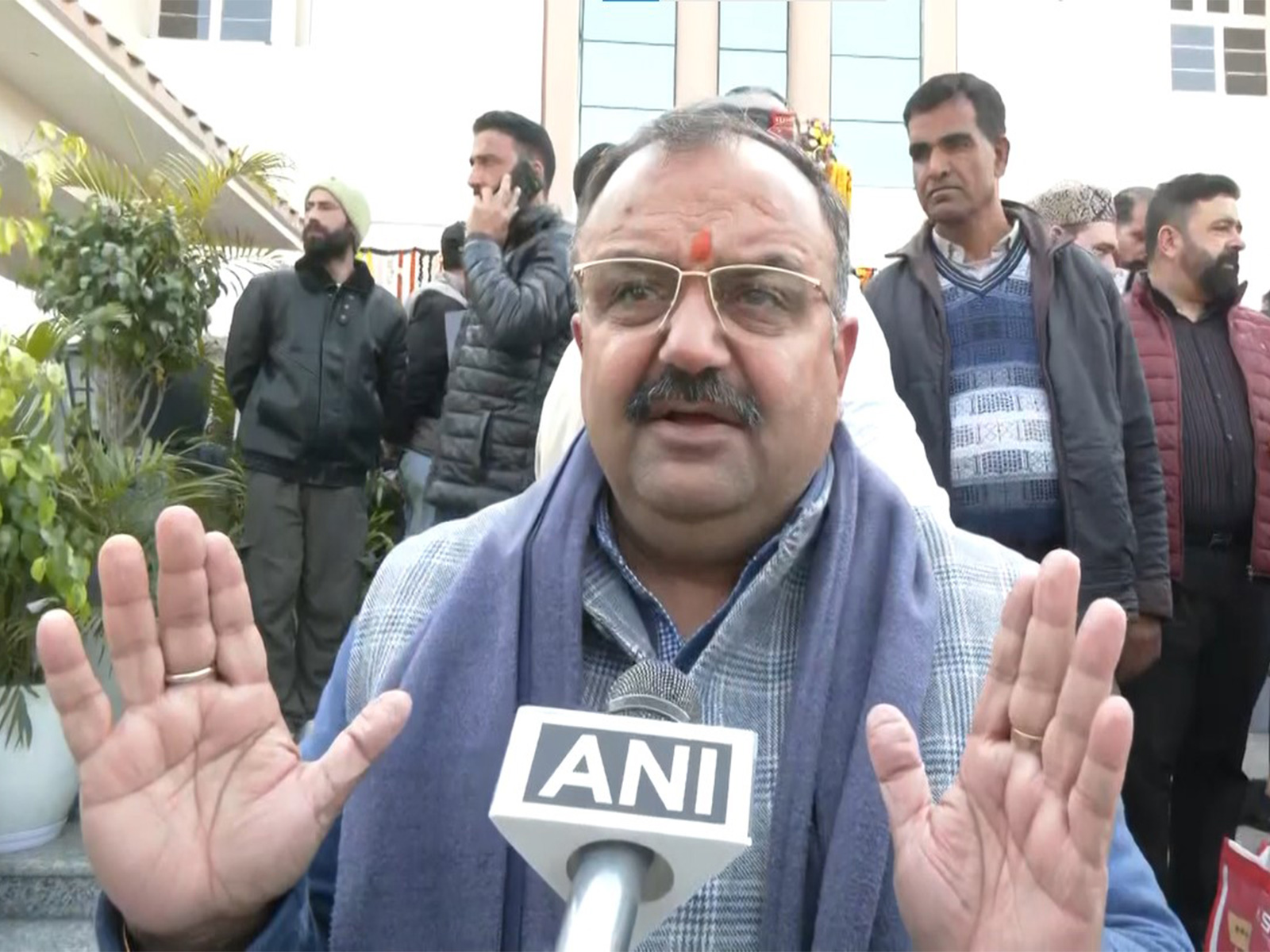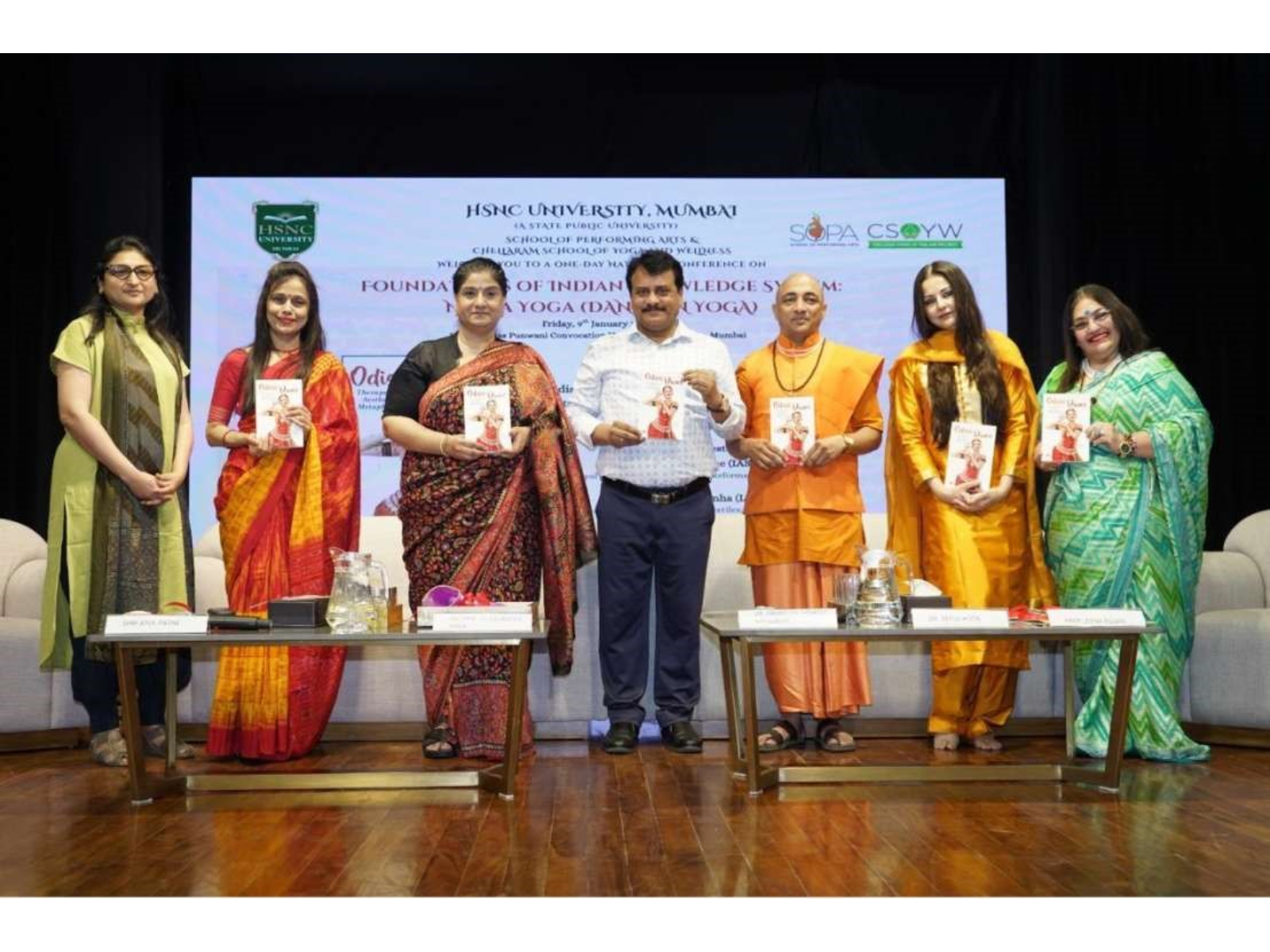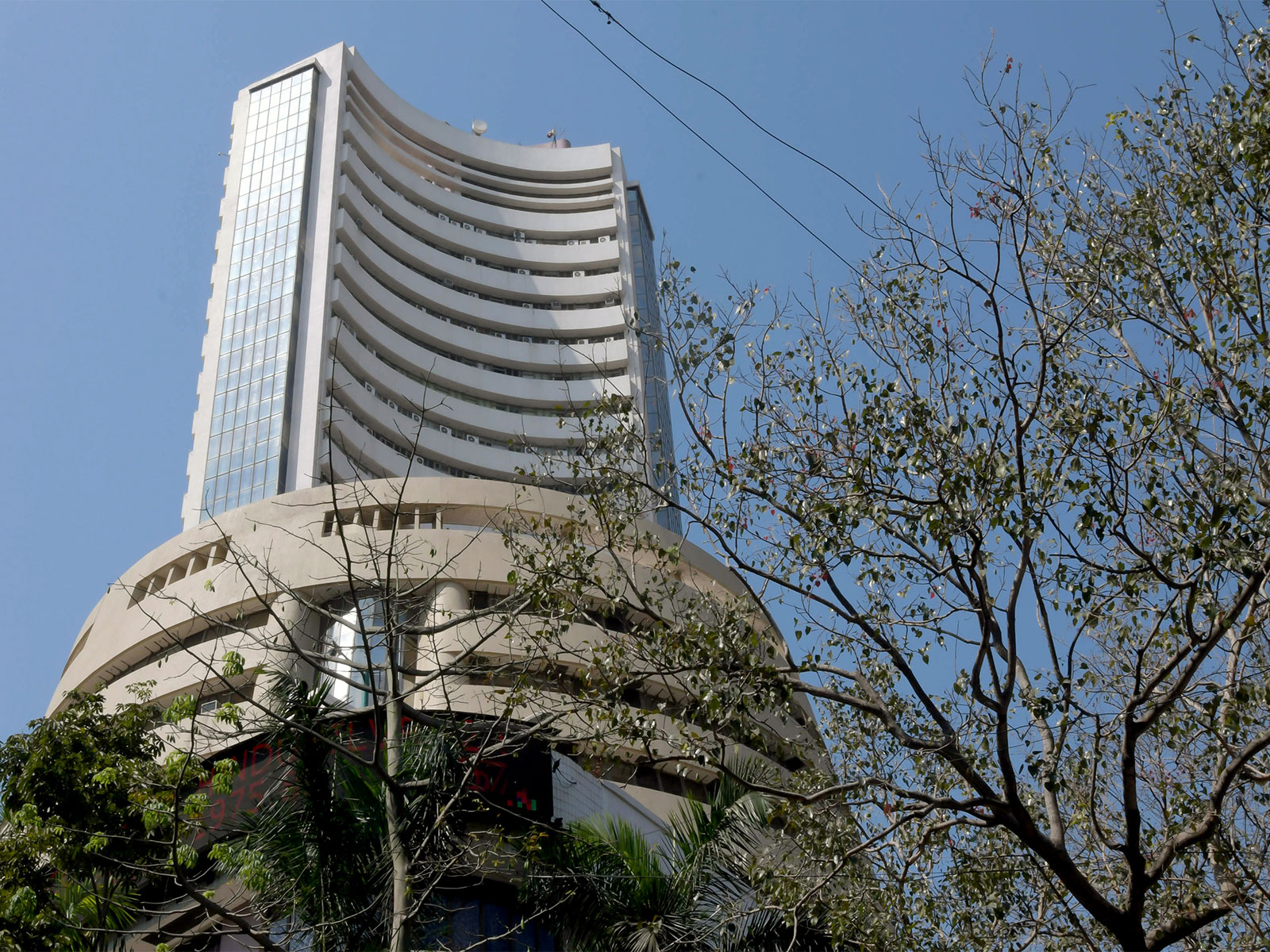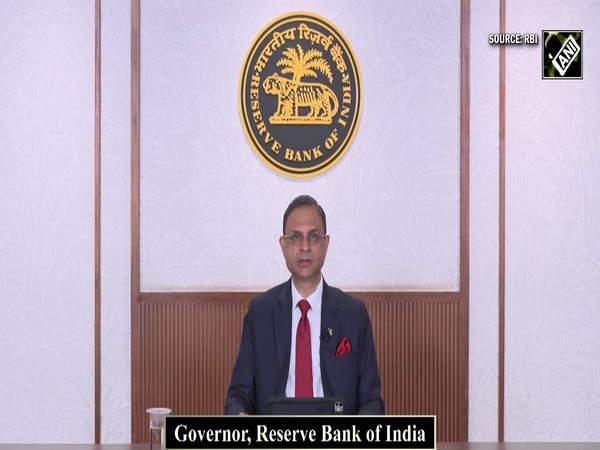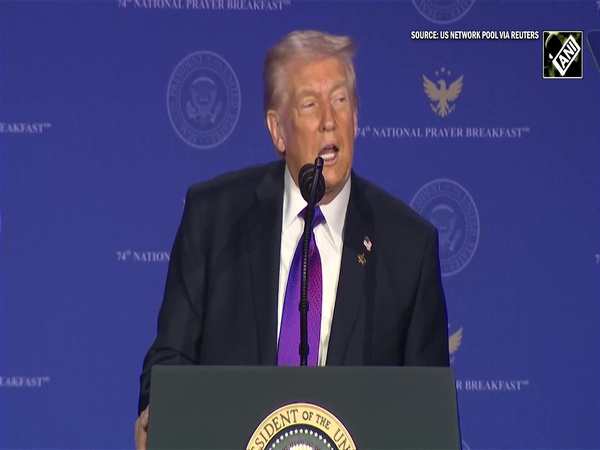Recent trends of economic recovery testimony to Government's intervention: Finance Ministry sources
Oct 02, 2020

By Shailesh Yadav
New Delhi [India], October 2 : In the trying times of COVID-19, when coronavirus has spared none by hitting hard on the lives and livelihoods of people and the economies around the globe, the Government of India has been taking all possible measures to mitigate the COVID impact. Recent trends of economic recovery bear the testimony of its timely intervention, said a top source in the Ministry of Finance on Friday.
The source was responding to the report published in certain section of media where an impression has been sought to be created that the government lacks consensus at the highest levels while pushing the fiscal stimulus and packages.
The source said that swift steps taken by the government and recent trends of economic recovery - increase in GST collection, PMI index, exports etc. - themselves dispel the myth of tight fists and any lack of consensus.
"The government has been aware of the ramifications of COVID-19 pandemic and that is the reason why the Ministry of Finance (MoF) has been proactively and continuously taking measures to provide support to those who need it the most in a holistic manner and those measures are yielding results", said the top government source.
"While reading the report card of the government's comprehensive measures against the challenges of COVID-19, one must acknowledge the swiftness with which the Government formulated and implemented two major Stimulus Packages - Pradhan Mantri Garib Kalyan Package (PMGKP) on 26th March 2020 and Aatmnirbhar Bharat Package (ANBP) on May 12, 2020 - a special economic and comprehensive package of Rs 20 lakh crore - equivalent to 10 per cent of India's GDP," said the source.
Another source, in the know of the matter and who has been privy to most of the meeting of Prime Minister's Office (PMO) on COVID impact mitigation exercise, said that under the two packages, the government has implemented several measures, which, inter-alia, include relief measures for households such as in-kind (food; cooking gas) and cash transfers to senior citizens, widows, disabled, women Jan Dhan Account holders, farmers; insurance coverage for workers in the healthcare sector; and wage increase for MGNREGA workers and support for building and construction workers, collateral free loans to self-help groups, reduction in EPF contributions, employment provision for migrant workers (Pradhan Mantri Garib Kalyan Rojgar Abhiyaan).
"The implementation of the package is reviewed and monitored regularly at the highest level", said the top source.
All these money and assistance have gone directly through direct benefit transfer (DBT) into the bank accounts and in the hands of deserving people, without any middlemen and any delay.
"Yet, the critics say that the government has not taken enough demand-side measures by putting cash in the hands of people. Is this not putting cash in hands of people at the time of distress? If it is not, then what it is? Even Bill Gates recently appreciated the way India used its DBT delivery mechanism to reach and help people directly at the time of this crisis" said the source.
"There were also relief measures for MSMEs and entrepreneurs such as collateral-free lending programme with 100 per cent credit guarantee, subordinate debt for stressed MSMEs with partial guarantee, partial credit guarantee scheme for public sector banks on borrowings of non-bank financial companies, housing finance companies (HFCs), and micro finance institutions, Fund of Funds for equity infusion in MSMEs, additional support to farmers via concessional credit, as well as a credit facility for street vendors (PM SEVA Nidhi), amongst others," the source added.
On the monetary front, the source said that the Reserve Bank of India (RBI) responded with a mix of conventional and unconventional monetary and liquidity measures to mitigate the negative economic fallout of COVID-19. "The policy rates have been significantly reduced and around Rs 9.57 lakh crore or 4.7 per cent of GDP have been injected since February 2020 to enhance the credit flow in the economy," the source said.
The RBI has taken several developmental and regulatory policy measures to enhance liquidity support for financial markets and other stakeholders, ease financial stress caused by COVID-19 disruptions while strengthening credit discipline, improve the flow of credit, deepen digital payment systems and facilitate innovations across the financial sector by leveraging on technology", added another government source, stating that RBI has announced certain regulatory measures wherein, in respect of all term loans (including agricultural term loans, retail and crop loans) outstanding as on March 1, 2020, all regulated lending institutions were permitted to grant a moratorium of six months on payment of all instalments falling due between March 1, 2020 and August 31, 2020.
Subsequently, it has provided a framework to enable the lenders to implement a resolution plan in respect of eligible corporate exposures without change in ownership and personal loans, the source said.
On the regulatory and compliance measures, the source said that postponing of tax-filing and other compliance deadlines, reduction in penalty interest rate for overdue GST filings, change in government procurement rules, faster clearing of MSME dues, IBC related relaxations for MSMEs, was also provided with amongst others.
"Further, the government worked earnestly for structural reforms announced as part of the ANBP which, inter alia, include deregulation of the agricultural sector, change in definition of MSMEs, new PSU policy, commercialisation of coal mining, higher FDI limits in defence and space sector, development of Industrial Land/ Land Bank and Industrial Information System, revamp of Viability Gap Funding scheme for social infrastructure, new power tariff policy and incentivising states to undertake sector reforms," the source said.
The top source said that the phased relaxation of the lockdown, supported by the enabling policies of the government, has resulted in a much higher level of economic and business activities in the months of July, August and September.
"This is evident in the growth of high-frequency indicators like PMI Manufacturing, index of eight core industries, GST collections E-way bills, Kharif sowing, power consumption, railway freight, cargo traffic and passenger vehicle sales. The above prompt action in policy and its implementation clearly dispels the myth that the government lacks consensus or the will to serve its people in a holistic manner. The data proves exactly the contrary," said the source
"Even the borrowing this year has been enhanced to 12 lakh crores - more than 4 lakh crores as compared to its original estimate. Does this level of borrowing not indicate that the government will not hesitate to gather funds from any source to meet its commitment? Does it indicate any tight fist? This government has shown time and again that it is willing to take tough decisions and to go to any extent to help people and the economy. As the Finance Minister has stated, it is very important for the government to be open about all possibilities and the Finance Minister is not averse to taking any further measures to ameliorate the suffering of our people," said the top source.

